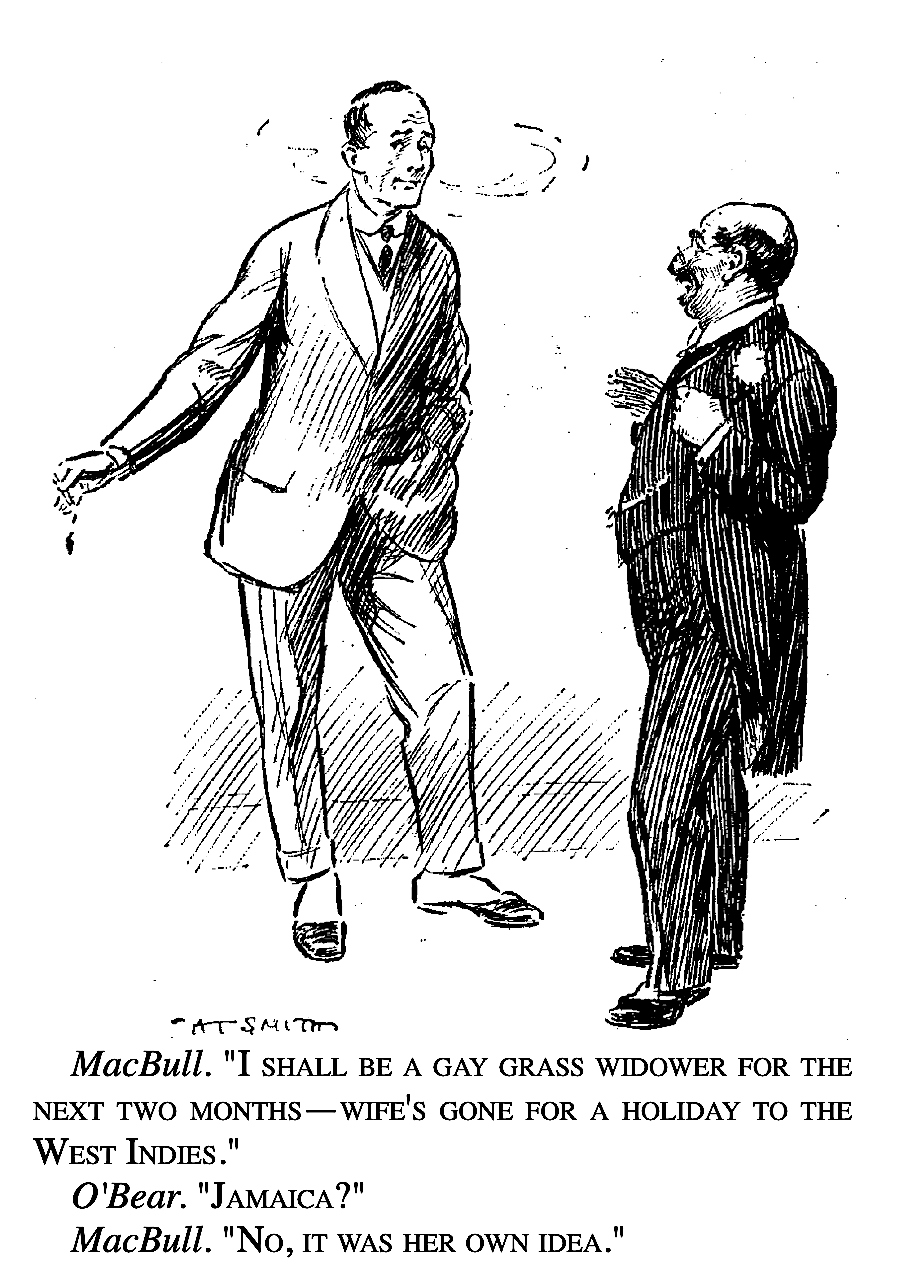|
Laudative
Laudatives (from Latin ''laudare'' "to praise") are words or grammatical forms that denote a positive affect. That is, they express praise or approval on the part of the speaker. Laudatory words are rare in English compared to pejorative A pejorative word, phrase, slur, or derogatory term is a word or grammatical form expressing a negative or disrespectful connotation, a low opinion, or a lack of respect toward someone or something. It is also used to express criticism, hosti ... ones, though there are a few, such as "steed" for a fine horse. More common is laudative use of metaphor, such as calling a helpful person a "saint" or fine food "ambrosia". Intonation may convey a laudative affect, as in "What a house!" said with an air of wonder. {{slang-stub Linguistics Figures of speech Etymology ... [...More Info...] [...Related Items...] OR: [Wikipedia] [Google] [Baidu] |
Affect (linguistics)
In linguistics, affect is an attitude or emotion that a speaker brings to an utterance. Affects such as sarcasm, contempt, dismissal, distaste, disgust, disbelief, exasperation, boredom, anger, joy, respect or disrespect, sympathy, pity, gratitude, wonder, admiration, humility, and awe are frequently conveyed through paralinguistic mechanisms such as intonation (linguistics), intonation, facial expression, and gesture, and thus require recourse to punctuation or emoticons when reduced to writing, but there are grammatical and lexical expressions of affect as well, such as pejorative and approbative or laudative expressions or inflections, adversative forms, honorifics (linguistics), honorific and deferential language, interrogatives and tag questions, and some types of evidentiality. Lexical affect Lexical choices may Framing (social sciences), frame a speaker's affect, such as ''slender'' (positive affect) vs. ''scrawny'' (negative affect), ''thrifty'' (positive) vs. ''stingy'' ... [...More Info...] [...Related Items...] OR: [Wikipedia] [Google] [Baidu] |
Pejorative
A pejorative word, phrase, slur, or derogatory term is a word or grammatical form expressing a negative or disrespectful connotation, a low opinion, or a lack of respect toward someone or something. It is also used to express criticism, hostility, or disregard. Sometimes, a term is regarded as pejorative in some social or ethnic groups but not in others or may be originally pejorative but later adopt a non-pejorative sense (or vice versa) in some or all contexts. Etymology The word ''pejorative'' is derived from a Late Latin past participle stem of ', meaning "to make worse", from ' "worse". Pejoration and melioration In historical linguistics, the process of an inoffensive word becoming pejorative is a form of semantic drift known as pejoration. An example of pejoration is the shift in meaning of the word '' silly'' from meaning that a person was happy and fortunate to meaning that they are foolish and unsophisticated. The process of pejoration can repeat itself around ... [...More Info...] [...Related Items...] OR: [Wikipedia] [Google] [Baidu] |
Linguistics
Linguistics is the scientific study of language. The areas of linguistic analysis are syntax (rules governing the structure of sentences), semantics (meaning), Morphology (linguistics), morphology (structure of words), phonetics (speech sounds and equivalent gestures in sign languages), phonology (the abstract sound system of a particular language, and analogous systems of sign languages), and pragmatics (how the context of use contributes to meaning). Subdisciplines such as biolinguistics (the study of the biological variables and evolution of language) and psycholinguistics (the study of psychological factors in human language) bridge many of these divisions. Linguistics encompasses Outline of linguistics, many branches and subfields that span both theoretical and practical applications. Theoretical linguistics is concerned with understanding the universal grammar, universal and Philosophy of language#Nature of language, fundamental nature of language and developing a general ... [...More Info...] [...Related Items...] OR: [Wikipedia] [Google] [Baidu] |
Figures Of Speech
A figure of speech or rhetorical figure is a word or phrase that intentionally deviates from straightforward language use or literal meaning to produce a rhetorical or intensified effect (emotionally, aesthetically, intellectually, etc.). In the distinction between literal and figurative language, figures of speech constitute the latter. Figures of speech are traditionally classified into '' schemes'', which vary the ordinary sequence of words, and '' tropes'', where words carry a meaning other than what they ordinarily signify. An example of a scheme is a polysyndeton: the repetition of a conjunction before every element in a list, whereas the conjunction typically would appear only before the last element, as in "Lions and tigers and bears, oh my!"—emphasizing the danger and number of animals more than the prosaic wording with only the second "and". An example of a trope is the metaphor, describing one thing as something it clearly is not, as a way to illustrate by compar ... [...More Info...] [...Related Items...] OR: [Wikipedia] [Google] [Baidu] |

